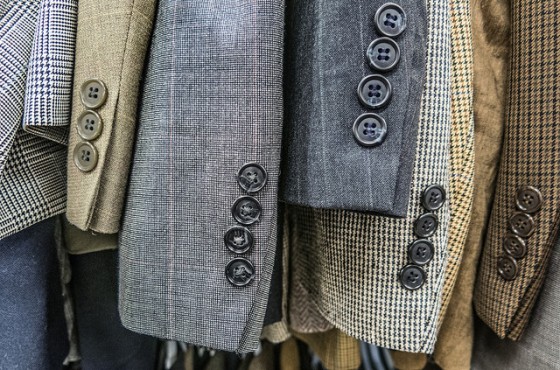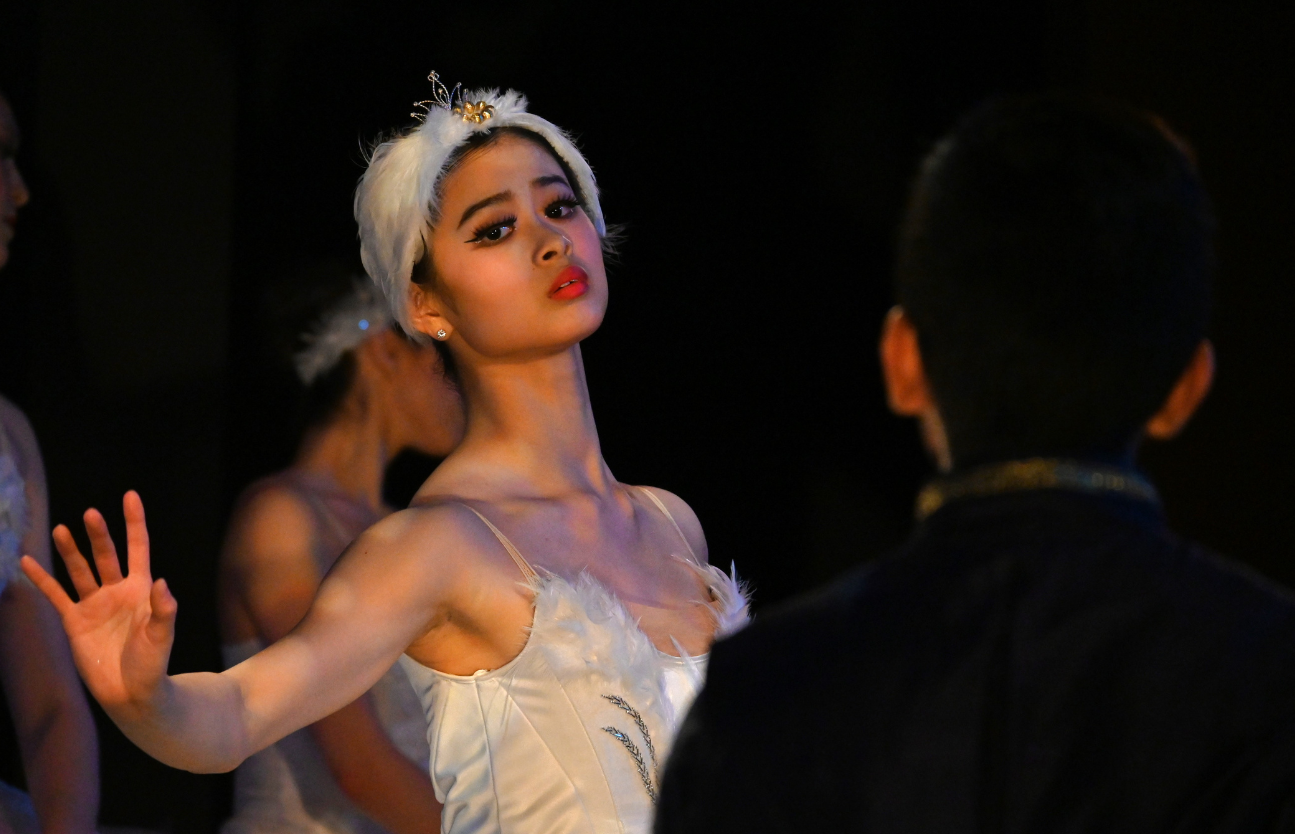Anna Wintour, the editor-in-chief of Vogue, once said that fashion can make people very nervous. It’s an industry that people don’t grasp easily, and as a result, it’s mocked and put aside as shallow or unnecessary. In turn, those who dismiss fashion often fail to grasp the artistic, social, economic, and even political influence that it has on the world.
Years ago, the textile industry ignited the industrial revolution. Today, we spend more time talking about the colour of Obama’s suits than the actual words of his speeches. As you read this, the clothes you wear on your back have traveled through years of trends that probably came from a handful of runway shows at New York Fashion Week – which is coincidentally happening right now.
Clothing has always been intertwined with every aspect of our society. When a celebrity or political figure chooses to wear a specific article of clothing, they are directly or indirectly making a statement on femininity, or the gender binary, or their love and support for a designer. We observe these looks, and we take note of their success or failure. Sometimes, these pieces become ingrained as part of history.
On a more personal scale, what you wear shows people who you are, or even who you want to be. You may not notice it, but the colours, textures, and brands that you purchase can often reflect elements of your personality and tell your story to others without a word. For some, it’s dressing comfortably. For others, it’s feeling decadent from head-to-toe, exuding confidence. Why do you choose what you wear? Why do we dress professionally when attending a job interview? Why are skinny jeans trendy when they weren’t a decade ago?
When contemplating this issue, I often compare music and fashion. Both are multi-billion dollar industries, have influenced our history for millennia, and have been defined by a list of geniuses that changed the way we look at the field. The only difference is that one is taught in most major Canadian universities, and the other is a department that is rarely offered in a university setting. The history of fashion is as rich and detailed as the history of music. Although there are no instruments in fashion, there are techniques, textiles, skills and background that draw from architecture, art history, engineering, and modern technology.
Universities could benefit from a dose of fashion courses intended to educate and explain the complexities within an industry that surrounds us all day, every day. Beyond purely economic purposes, fashion is an art form. Alexander McQueen, who committed suicide in 2010, was seen as an artist in his craft, creating gowns and runway presentations that transcended the way the world saw ordinary fashion. Imagine a world in which we all wear the same garments of the exact same proportions, silhouette, and colour — a world drained of individual creativity and imagination. It may not be a field that is taught or seen as immediately necessary, but understanding the rich historical background of the clothing industry is a neglected field, one that could take an entire undergraduate degree to research.










